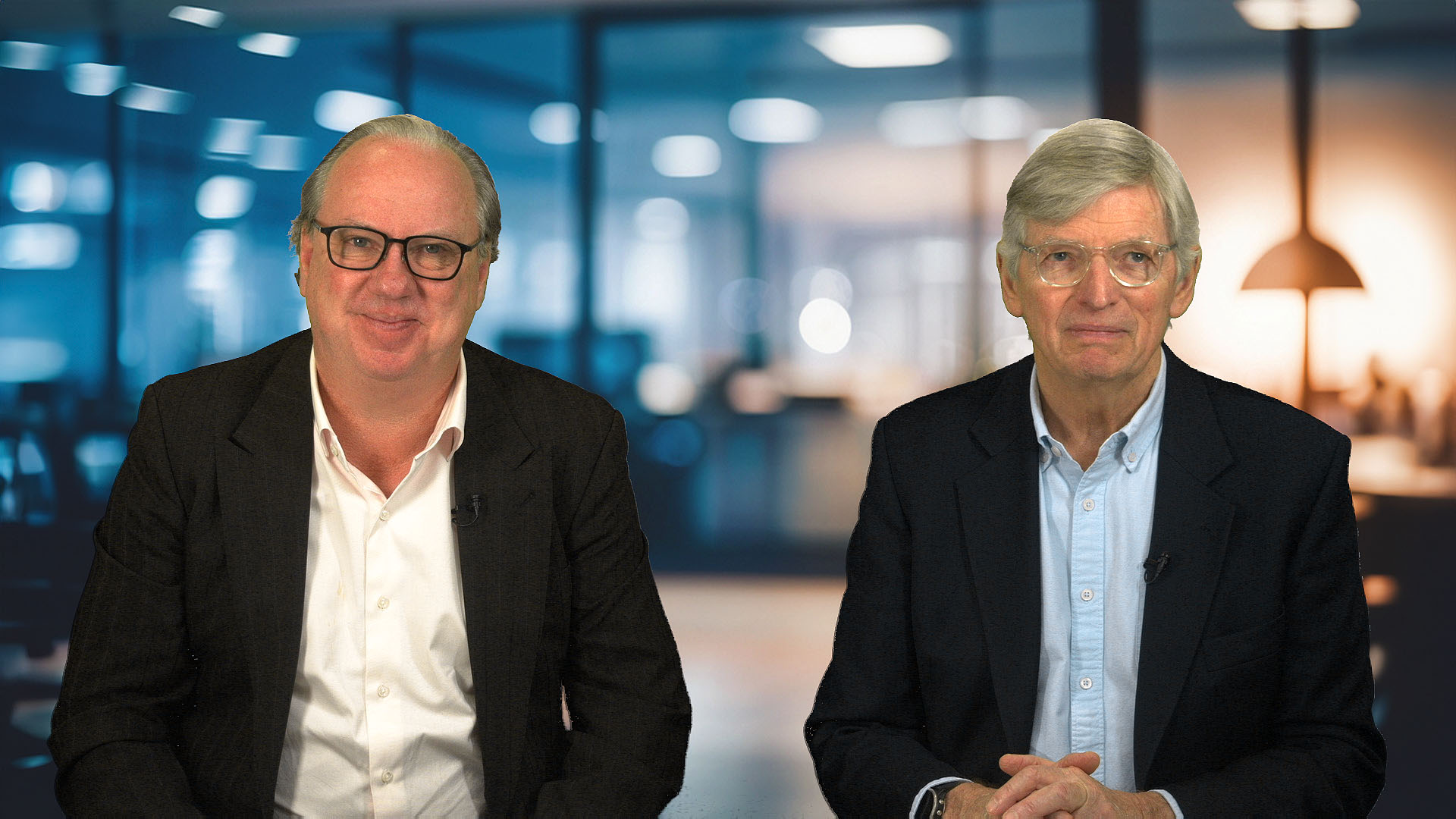Economic activity slowed over the Christmas-New Year break, according to the first business survey from the National Australia Bank, released on Tuesday. However, business confidence improved, especially in retail, as the Black Friday sales seemed to work a bout of magic.
"Overall, both confidence and conditions are softest in manufacturing, retail, and wholesale, reflecting that consumers have been cutting back on spending as time has gone on," NAB Chief Economist Alan Oster said in Tuesday's survey commentary. "There was an encouraging pickup in confidence in the retail sector in December, but it remains to be seen if this will be maintained."
December retail sales data will be out next week, and analysts are wondering if there will be a giveback in a fall of sales after the strong November result with the success of "Black Friday" sales events that seem to have improved confidence levels in the sector.
The NAB said the slowdown in business conditions saw a "continuing cooling trend that gradually brought conditions back to around their long-term average over the course of 2023. Business confidence, though improved, was "well below its long-term average."
Business conditions fell 2 points to +7 index points, remaining just above the long-run average. "Trading conditions fell 3 points to +10 index points, and employment was also down 2 points (unrounded) to +7 index points, while profitability remained steady at +6 index points," the NAB said.
Business confidence improved 8 points to -1 index points. The NAB said there was a broad-based lift in confidence, led by mining and retail, while manufacturing edged lower. "In trend terms, most industries remained in negative territory with the exception of mining and transport & utilities."
Leading indicators were mixed. Forward orders rose 1 point to -3 index points, despite large falls in transport & utilities, retail, and mining. Capacity utilization edged lower but at 82.7% remains above average.
Price and cost growth declined sharply in the month. Labor cost growth eased to 1.8% in quarterly equivalent terms (from 2.3% in November), and purchase cost growth declined to 1.6% (from 2.5%). Overall price growth eased to 0.9% (from 1.2%), with retail price growth slowing to 0.6% (from 1.8%).
"There was a marked fall in retail price growth in December," said Mr. Oster. "The sales periods around Black Friday and Christmas likely have played a role here, but this is nonetheless an encouraging sign that inflation may have eased at the end of the quarter."














